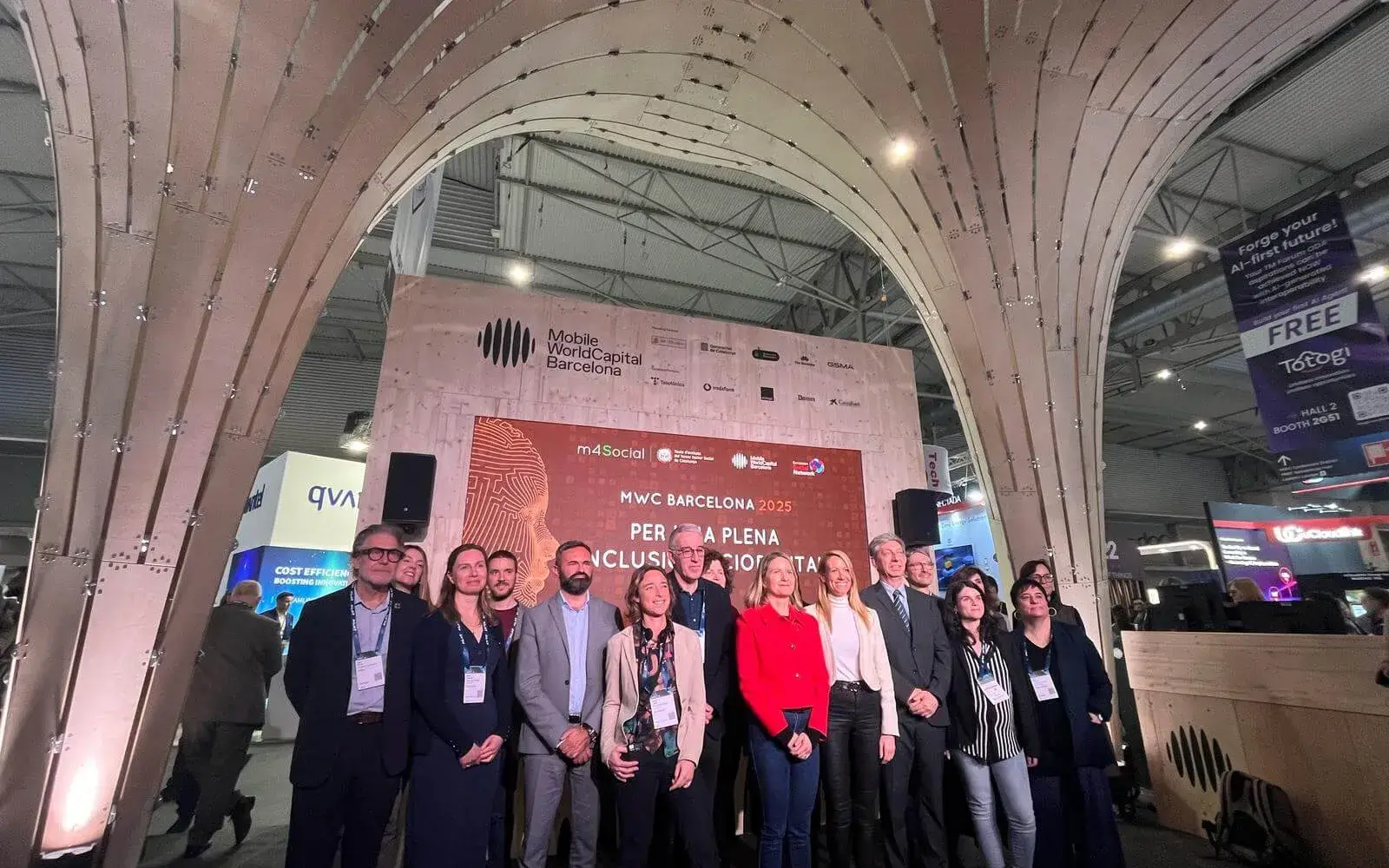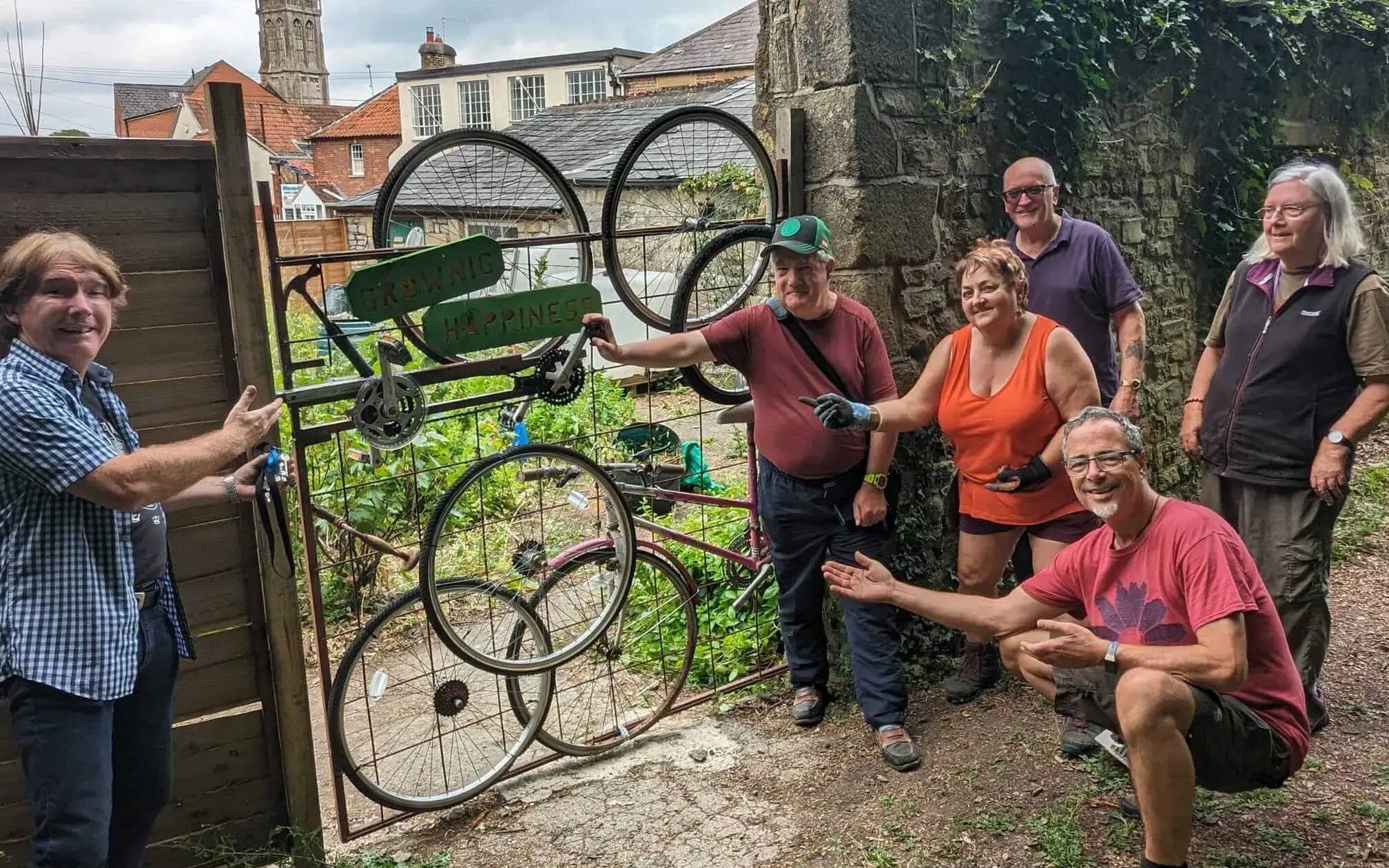To support formerly supervised youngsters during their emancipation process is one of the tasks done by the Association Punt de Referència.
Jalal El Amri is 21 years old, he studies Social Integration, and he is working and doing his internship in an association. He met his mentor Maria Àngels when he was 17, through the Association Punt de Referència. Jalal explains that she introduced him to Catalan culture and supported him in all his academic, personal and professional projects. Maria Àngels, Jalal says, welcomed him in her home and made him feel “like a member of her family”.
Formerly supervised youngsters are boys and girls who have partially spent their childhood and/or adolescence in a youth detention centre and have to emancipate when coming of age. The way to emancipation is not an easy one, as Punt de Referència explains. Many of them reach the majority age completely by themselves, far away from their families, short of money and with very few future opportunities.
The organisation Punt de Referència cares for young people aged 17 to 23, accompanying and supporting them when they leave the Juvenile Centres. When they face this challenge at majority age, counting on somebody as a reference point to lean on may tip the scale of their future in one or the other direction.
The relationship between people who voluntarily offer individual support and a person at risk of social exclusion is known as mentoring. The aim is to help the mentored people on their journey and thus to facilitate their personal and/or professional development.
The North American report by Tierney, Grossman and Resch (2000) concluded that youngsters who count on a mentor were less likely to take up drug abusion (46%) and alcohol consumption (27%). It also showed that they were less likey to commit physical violence or to skive off school. The mentored kids feel more self-confident, develop more positively and establish positive relationships to close friends and relatives.
Punt de Referència has three main programs to progress towards equal opportunities: Mentoring by a relative or a person as a reference point, mentoring based on home-oriented measures and mentoring through educational support. They are all based on the voluntary participation of people who accompany and advise these youngsters on their way to adult life.
According to the annual report 2013, the association supported 177 youngsters from all over Catalonia. A high number of them came from the Maghreb and Sub-Saharan Africa, and the most common age was 20 to 22 years.








Add new comment